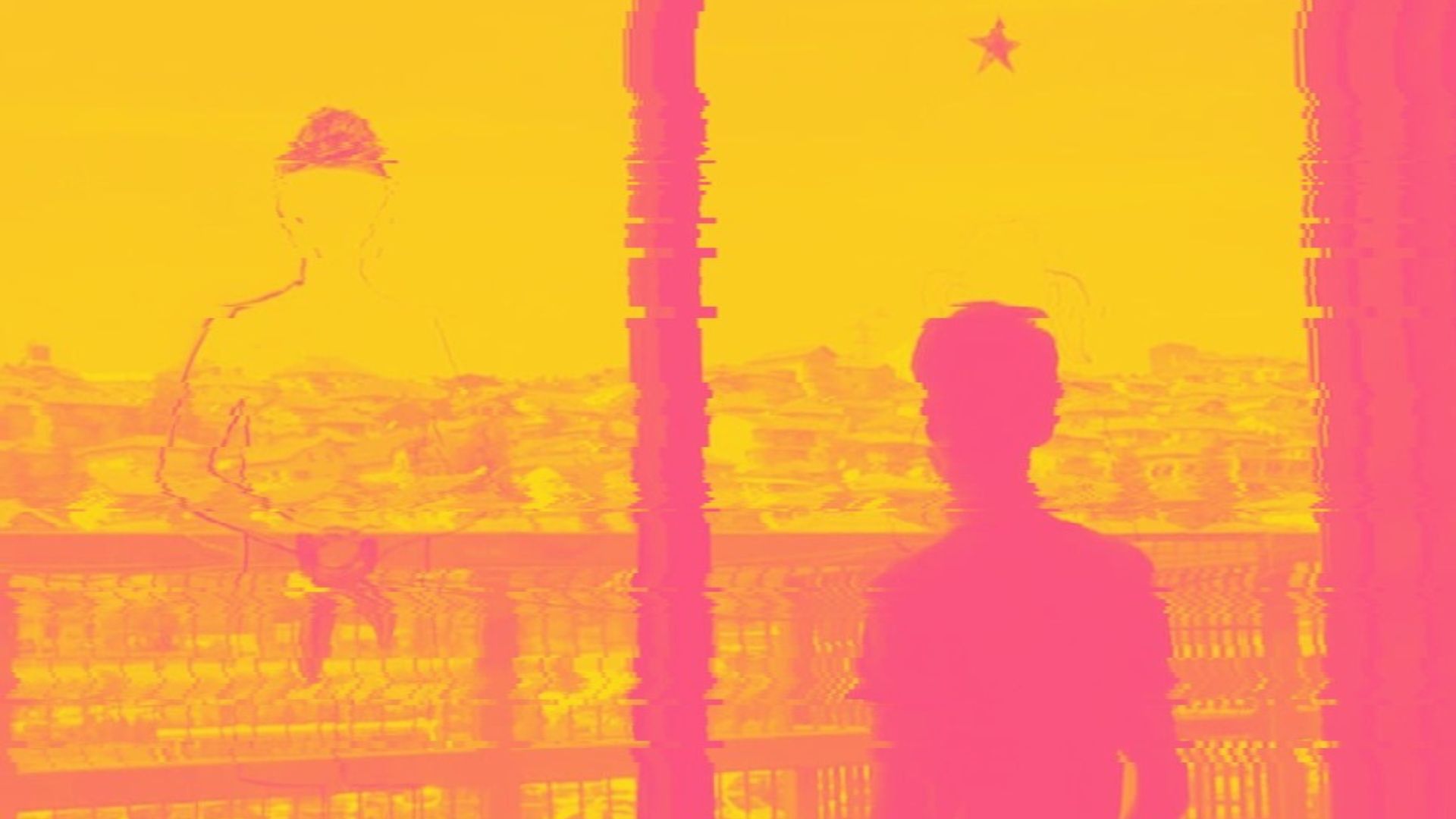
“We’ve been looking for you!”
At the time, I didn’t realize it, but breaking the silence marked the beginning of my healing.
I froze; the faces looked familiar. The passenger jumped out of the car and grabbed my arm.
After experiencing such a traumatic, violent encounter, I’ve learned that the mind has a way of making things much bigger than they are.

Duggi Nokaj
Duggi Nokaj studied at “Faik Konica” journalism school for a year. He graduated with a Bachelor of Business Administration degree, with a concentration in accounting from Florida Atlantic University. He enjoys traveling, reading and hanging out with family and friends.
This story was originally written in English.